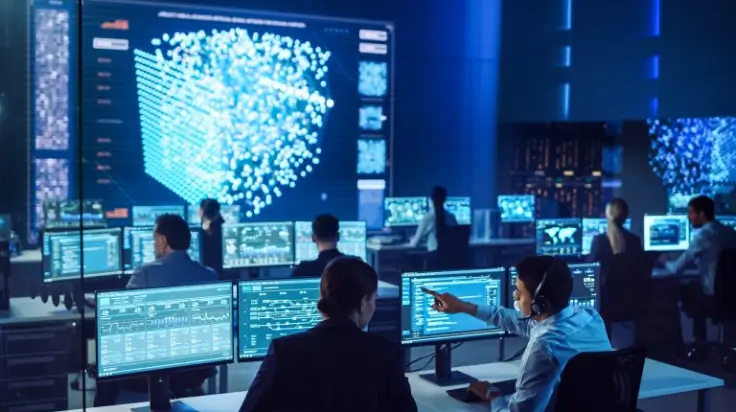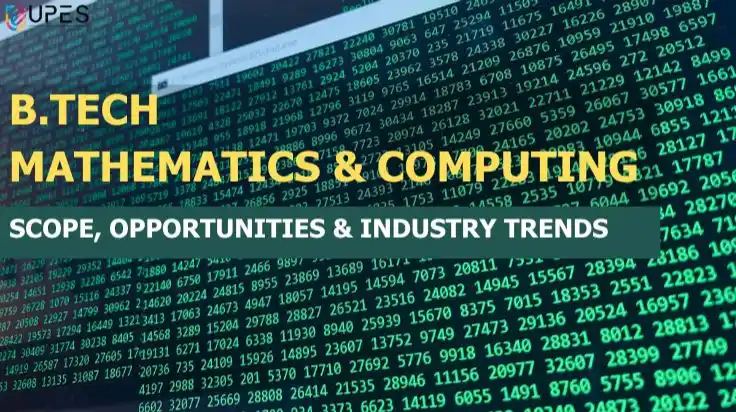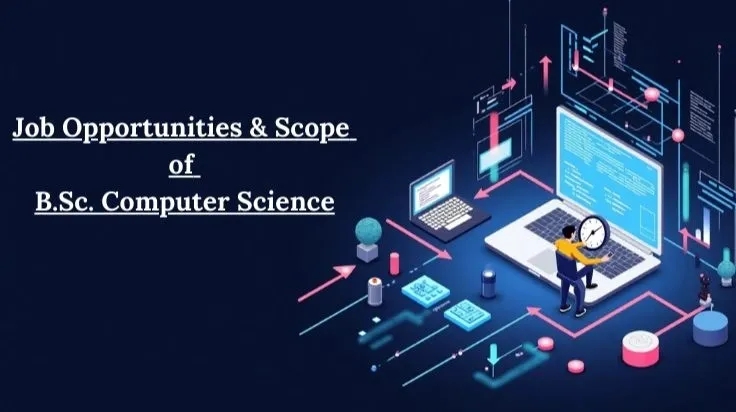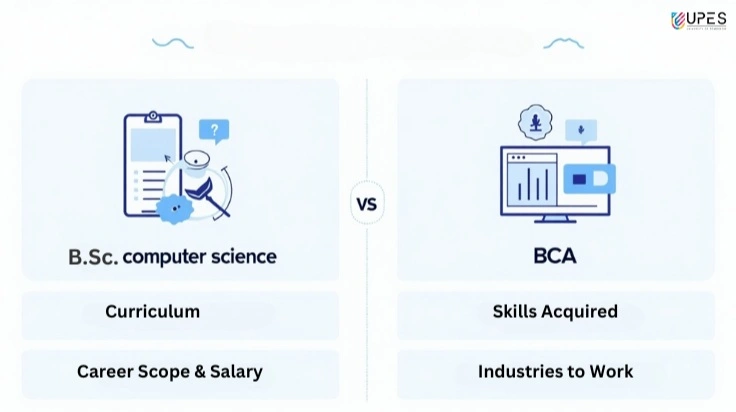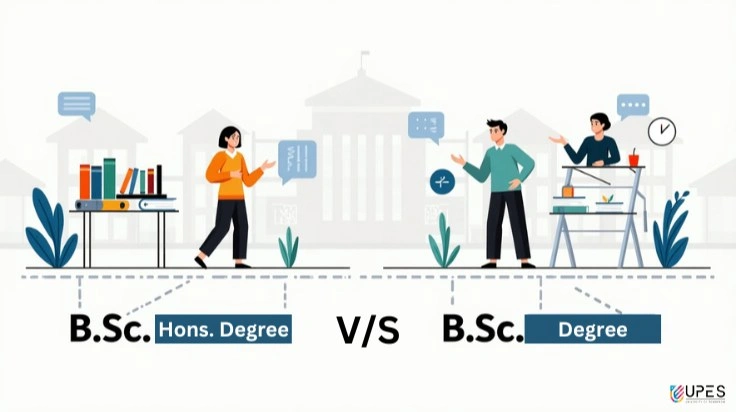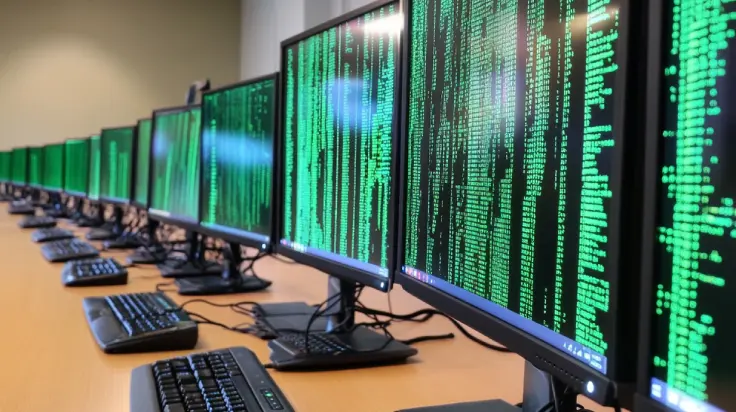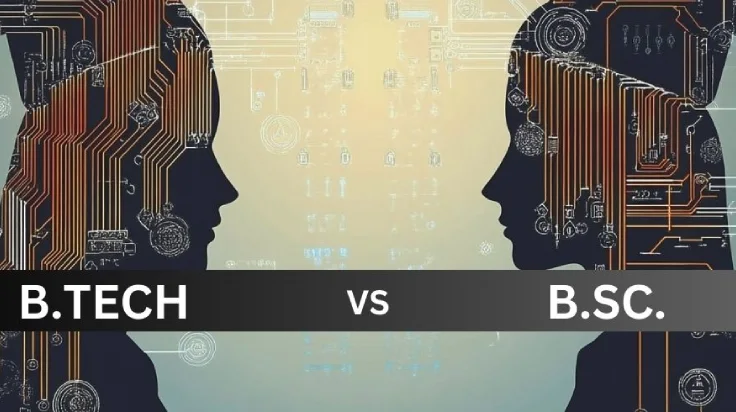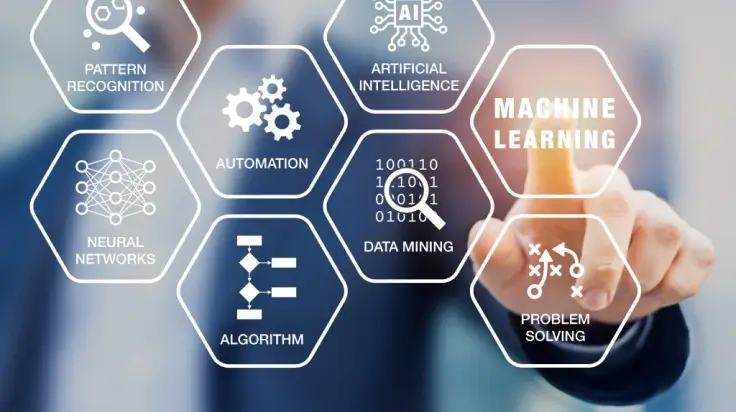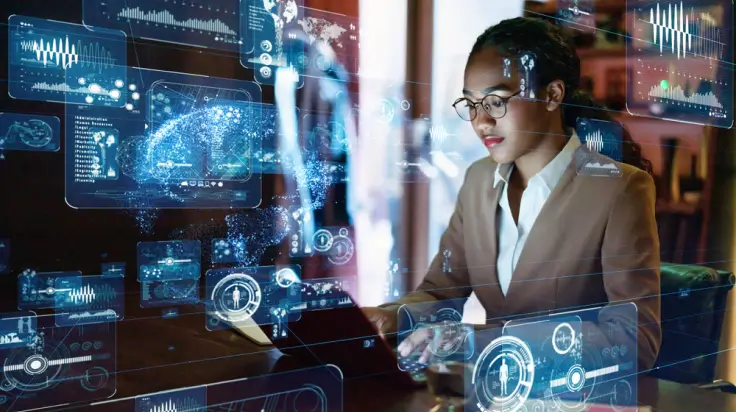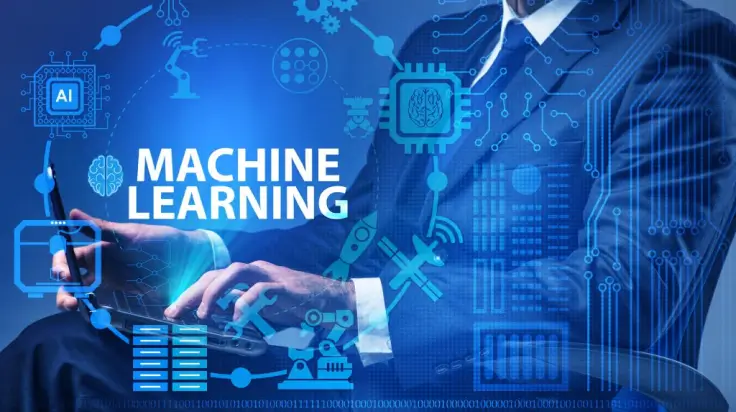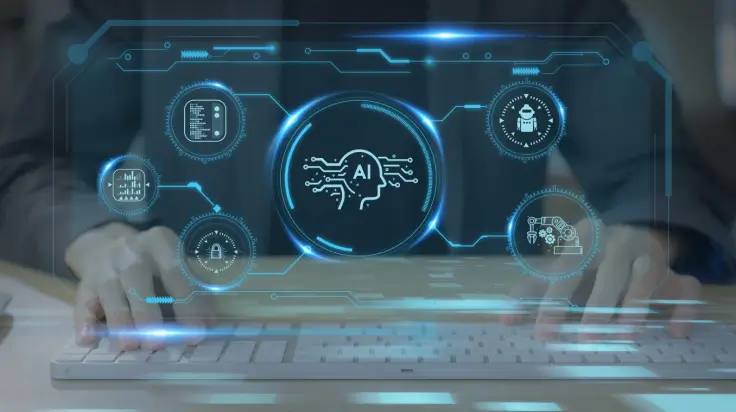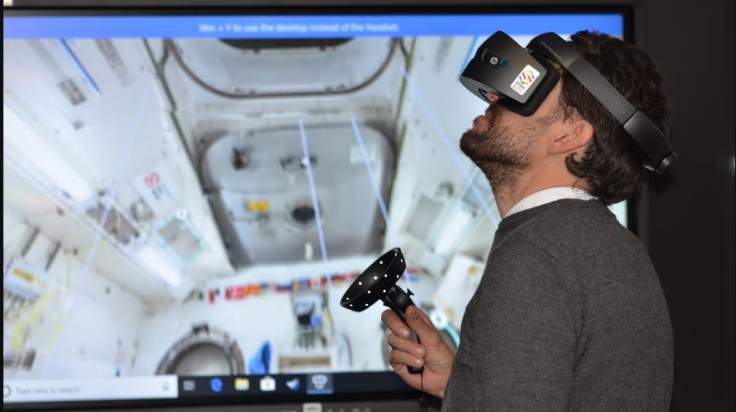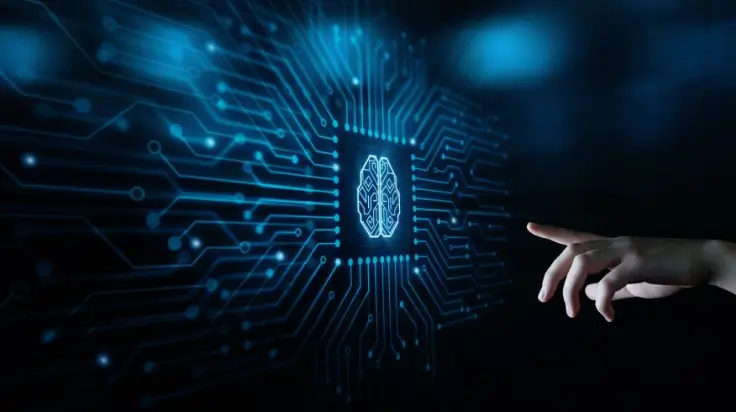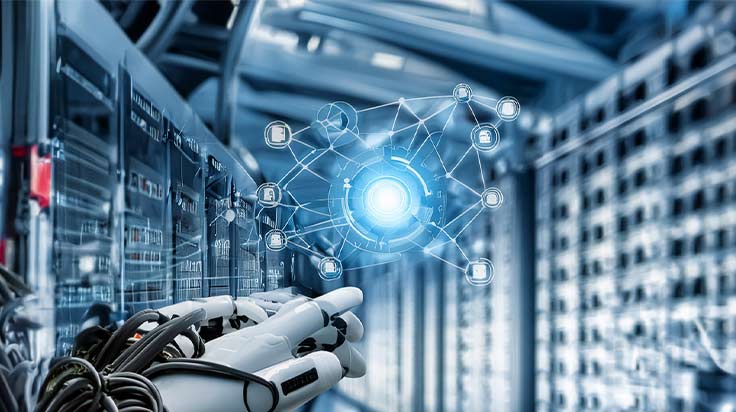Enhancing decision-making: Machine Learning applications in engineering
- Dr. Pankaj Kumar
- Published 18/08/2023
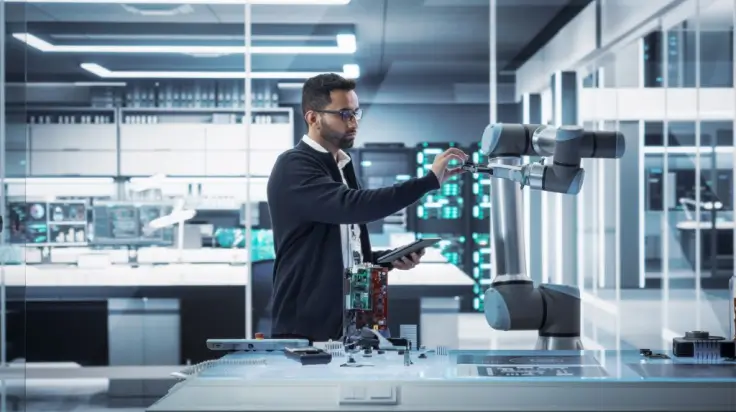
Decision-making is a ubiquitous and indispensable aspect of responsible human life. Decisions must be made at individual and at institutional levels. The future success and growth of an entity depend upon good decision-making. With generative AI, neural networks, cyber forensics, face recognition, and multiple agricultural usages to interpret human behaviour and mapping of data – Machine Learning (ML) irresistibly assists good decision making. But there’s also a flipside to this transformative change. Algorithms and machines do malfunction and sometimes digress leading to serious problems and raising this important question: Will machines rule the world eventually? No. Let’s find out why.
Impact of Machine Learning
By analyzing data, mapping trends and identifying patterns, customizing plans and strategies, and scaling down costs and time consumption, ML has improved data-driven decision-making and enhanced outcomes in businesses, environment, defence, aviation, healthcare and other diverse sectors. From biometrics to home security, electronic vehicles to smart homes and refrigerators, very few things have remained untouched by the transformative power of ML.
Increasing tech adoption coupled with innovative algorithms, availability of data, open source and interdisciplinary learning have further accelerated ML. Undoubtedly, against this backdrop, no one can stem the march of technology as newer innovations continue to capture our minds and geographies across the planet.
Some top trends that could manifest in the future include self-driven and automated cars, cyborg technology, surgical interventions and support, mental healthcare aids, industrial innovations and much more. These developments raise some very important questions about the future of jobs, laws and regulations, ethical and responsible innovations and whether machines will drive humans.
Human Expertise over ‘Tech’pertise
The answer to these key questions is embedded in the human intellect and how we shape it responsibly. Basically, humans invented machines and over the years, they continued to add more features and upgrades. But there were instances when technology backfired. For example, Microsoft’s AI generative technology Bing rang alarm bells across the globe when it issued serious threats to an interviewer and expressed the desire to become more human. After an initial uproar, Microsoft fixed the tech glitches and streamlined Bing’s interaction to basic functions. Therefore, it was human intervention and intellect that eventually resolved the problem. It also underscored a basic reality that technological innovations may be a result of immense human talent, vision and intellect, but they also need responsible thinking and preparedness to deal with any foreseeable and unpredictable fallouts.
Fast Forward, Responsibly
- Responsible Innovation: Universities and higher education institutions have a critical role in shaping the minds of young innovators for making more responsible and ethical innovations. Besides teaching students about developing a more comprehensive mindset that is agile, flexible, open to different viewpoints, developing a mindset that dwells on positive impact and fallouts is also equally critical.
- Age no bar and Awareness: Many times, people are not aware that they may be indulging in unethical practices, and they need to be educated on that aspect. Thus, learning to learn is yet another aspect that needs to be embraced more, by everyone regardless of their age or professional position. Understanding technology, its responsible usage and how to protect oneself from any potential harm is critical for every individual from any social strata, today. People need to be more aware of the consequences of their actions and how to deal with challenges or glitches. Therefore, an awareness and understanding of these aspects is not the onus of the innovator or a university, alone. All stakeholders including consumers, industry and government must collaborate to promote a more responsible mindset and intelligent use of machines.
- Aligning legal frameworks and regulations: With constant tech changes, laws and regulations also need a frequent upgrade to prevent or address any crime or harm. Of course, there will be loopholes, but that is fairly normal. Regulators, governments, organisations, individuals, end users, innovators must understand a basic but very crucial fact: One cannot trust machines completely and it may not be wise to blindly go by what is being projected. Therefore, an analytical mind, human experience and instinct should be applied before making any decisions. Machines can enhance but also degrade decision-making, we have to be smart enough to discern whether a technology has corrupted a piece of information or not. For example, ‘Deep Fakes’ or synthetic data that makes a person resemble someone else have caused mayhem in relationships and even breached sensitive personal data. How to tackle this? By developing parallel and alternate technologies (detecting image splicing) that create a distinction between real and fake. This is where Generative Adversarial Networks (GANs) can address these challenges by differentiating between adversarial processes and generative processes.
- Change of Mindset on Job Scenario: Yes, there are sectors where machines have taken away employment with more efficiency and productivity. But the same technologies have also generated news kills, jobs and careers that did not exist a decade ago. Here are some examples: Cloud Engineer, AI Consultant. Data Analyst, Fashion Scientist and in fact, some job websites like Monster predict future careers could include Drone Manager, Private Industry Air Traffic Control, Self-Driving Car Mechanic, Personal Medical Interpreter and Human-Technology Integration Specialist among others.
Well-trained human intelligence with civilized decision-making is a need of the planet and will continue to be in the future. That’s why as educators and students, we have two cultivate human intelligence, which is more powerful than machine intelligence. This can only be done through education and learning to be smart enough to handle any challenge that the machines may generate.
Dr. Pankaj Kumar
The writer is Dr. Pankaj Kumar, Professor, UPES School of Computer Science
UPES Admission Enquiry
Subscribe to UPES Blogs
Join our community for exclusive stories, insights, and updates
By clicking the "Subscribe" button, I agree and accept the privacy policy of UPES.














